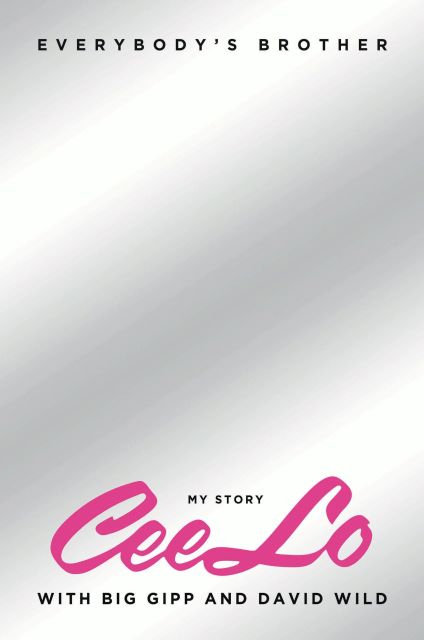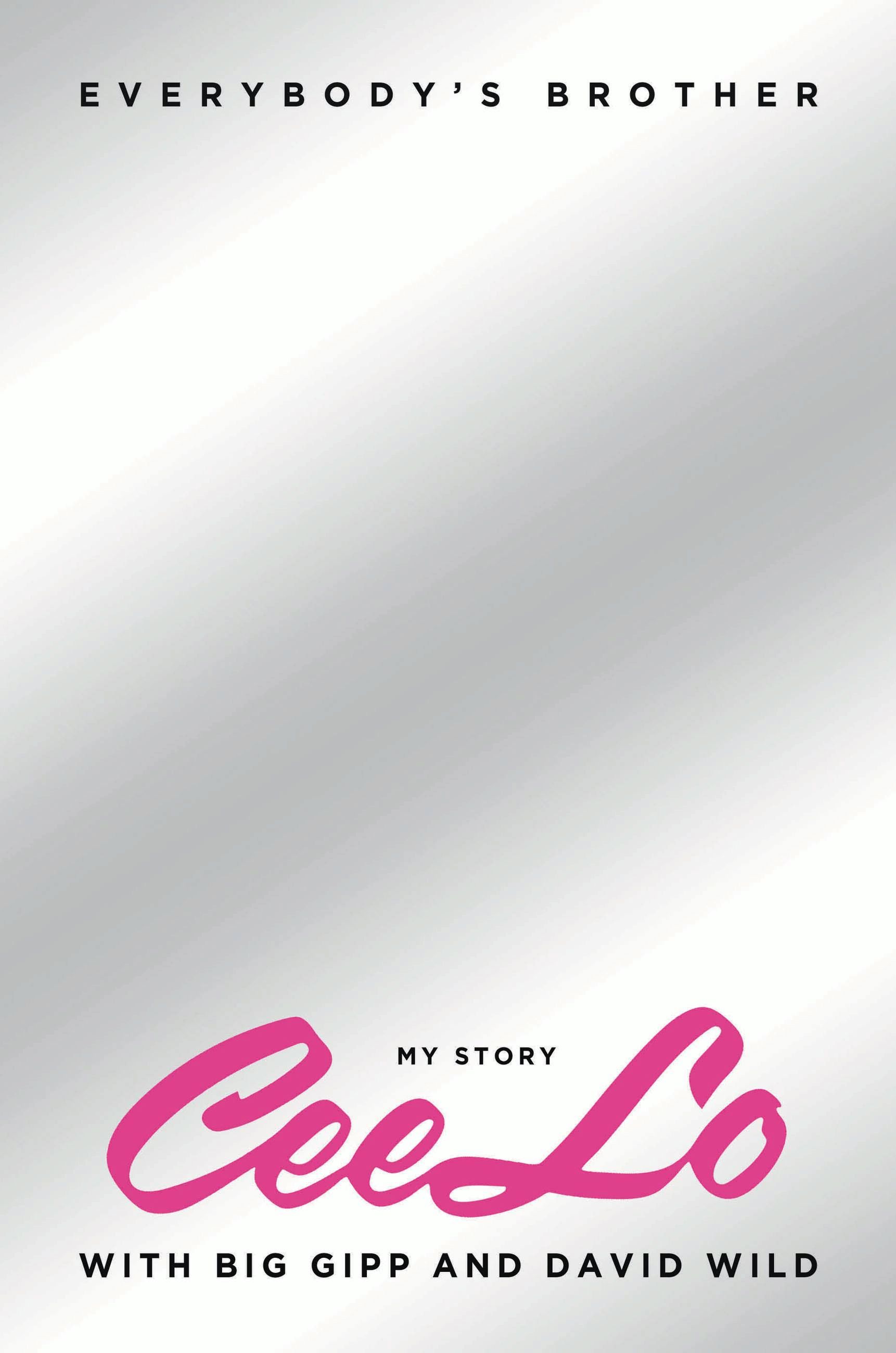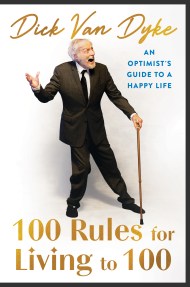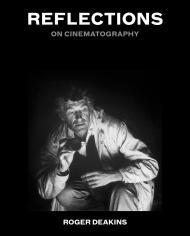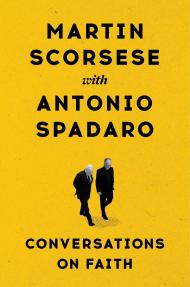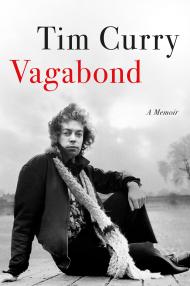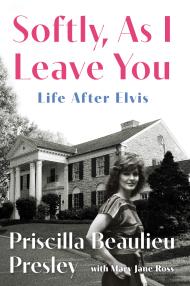By clicking “Accept,” you agree to the use of cookies and similar technologies on your device as set forth in our Cookie Policy and our Privacy Policy. Please note that certain cookies are essential for this website to function properly and do not require user consent to be deployed.
Everybody’s Brother
Contributors
By CeeLo Green
With Big Gipp
With David Wild
Formats and Prices
- On Sale
- Sep 10, 2013
- Page Count
- 288 pages
- Publisher
- Grand Central Publishing
- ISBN-13
- 9781455516681
Price
$14.99Price
$19.99 CADFormat
Format:
- ebook $14.99 $19.99 CAD
- Audiobook Download (Unabridged)
This item is a preorder. Your payment method will be charged immediately, and the product is expected to ship on or around September 10, 2013. This date is subject to change due to shipping delays beyond our control.
Buy from Other Retailers:
This story begins in The Dirty South, where South Atlanta’s native son transformed himself into the Abominable SHOWman. Along the way, innocence was lost; farther down the path, his parents passed on. Yet he still found family at the Dungeon with the likes of Goodie Mob, Outkast, L.A. Reid, and Lauryn Hill. Then one day he teamed up with Danger Mouse and everything went “Crazy.”
Everybody’s Brother is the untold story of CeeLo Green’s rise from the streets of Atlanta to the top of the charts-a story so cool, so complex that his brother-from-another-mother, Big Gipp, couldn’t help but chime in. Now CeeLo gives his fans what they’ve been waiting for: an all-access pass into his perfectly imperfect piece of mind.
Newsletter Signup
By clicking ‘Sign Up,’ I acknowledge that I have read and agree to Hachette Book Group’s Privacy Policy and Terms of Use
